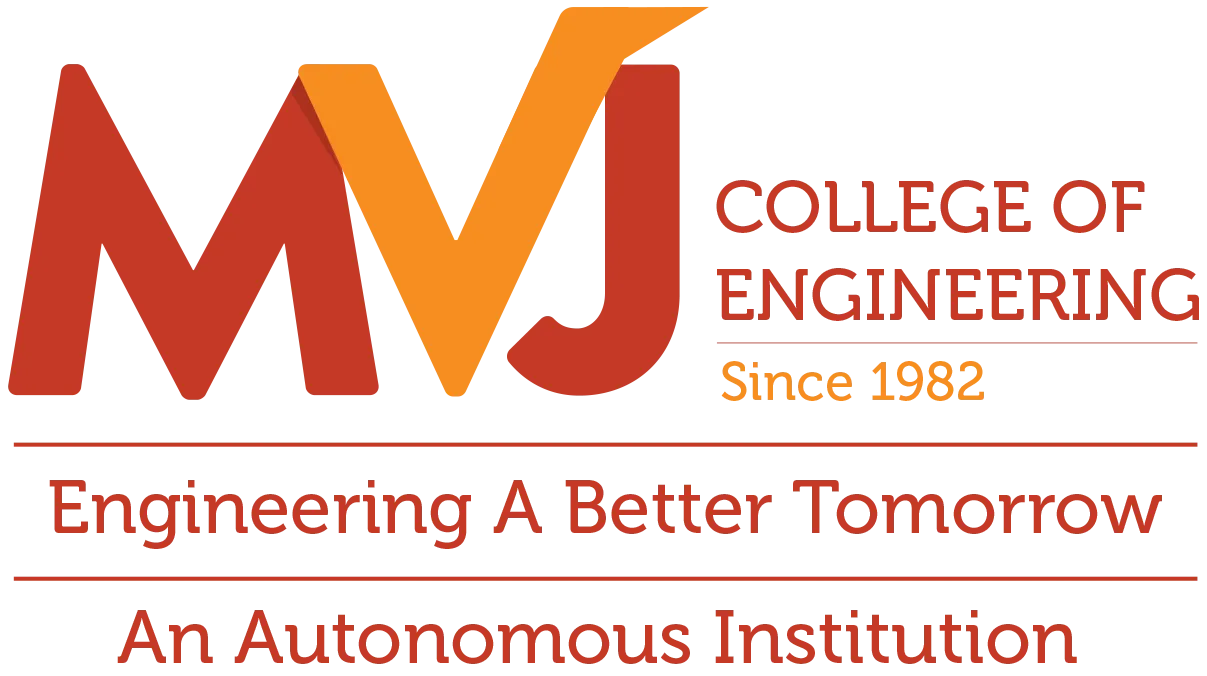The VI and VIII semester Chemical Engineering students were provided with an educational opportunity to visit a demethanation plant that specializes in the conversion of household waste into methane gas. The purpose of this visit was to offer students a direct comprehension of the complete conversion process, which encompasses waste segregation up to the ultimate purification phase.
The field trip commenced with an introduction to waste segregation, during which the students witnessed the meticulous categorization of household waste into distinct groups to segregate organic and inorganic substances. The preliminary phase holds significant importance in facilitating streamlined processing and guaranteeing the exclusive utilization of biodegradable waste for the demethanation procedure. Subsequently, the pupils were introduced to the pre-processing phase. At this location, observers were able to witness the preliminary measures implemented to optimize the efficacy of the demethanation procedure. The pre-processing stage commonly entails the fragmentation or comminution of the organic waste to augment its surface area, thereby rendering it more amenable to microbial activity during the biomethanation process. The students proceeded to investigate biomethanation, which constitutes a crucial phase in the demethanation process. The researchers witnessed a meticulously regulated anaerobic digestion procedure, wherein microorganisms decompose the organic waste in an oxygen-deprived environment. The process of decomposition yields methane gas as a secondary product, which possesses significant potential as a source of energy.
Furthermore, the students were afforded the chance to observe the gathering and preservation of the produced methane gas. The individuals acquired knowledge regarding the mechanisms utilised for the efficient capture and containment of gas, thereby ensuring its applicability for diverse purposes. The ultimate phase of the visit entailed the purification process of the methane gas that was produced. The purification techniques utilised to eliminate impurities, including sulphur compounds and moisture, from the gas were observed by the students. The process of purification is of utmost importance in order to comply with quality benchmarks and guarantee the safety and efficacy of methane gas.
During the course of the visit, the students were afforded the opportunity to engage in discourse with professionals employed at the demethanation facility. The individuals acquired knowledge regarding the obstacles encountered by the sector, the technological innovations employed in the conversion of waste to energy, and the significance of sustainable waste management methodologies. Through direct exposure to the demethanation plant, the students were able to establish a connection between abstract concepts and tangible implementations. The observers were able to witness the complete sequence of events, starting from the segregation of waste to the purification of gas, which led to a more profound comprehension of the intricate engineering concepts that are integral to the conversion of domestic waste into viable methane gas. The visit to the industry has furnished the participants with significant perspectives, which are expected to augment their academic and professional advancement in the Chemical Engineering domain.
Faculty accompanied:
- Dr. M. Venkata Ratnam, Associate Professor, Chemical Engineering Department
- Prof. Lekshmi R Babu, Assistant Professor, Chemical Engineering Department

